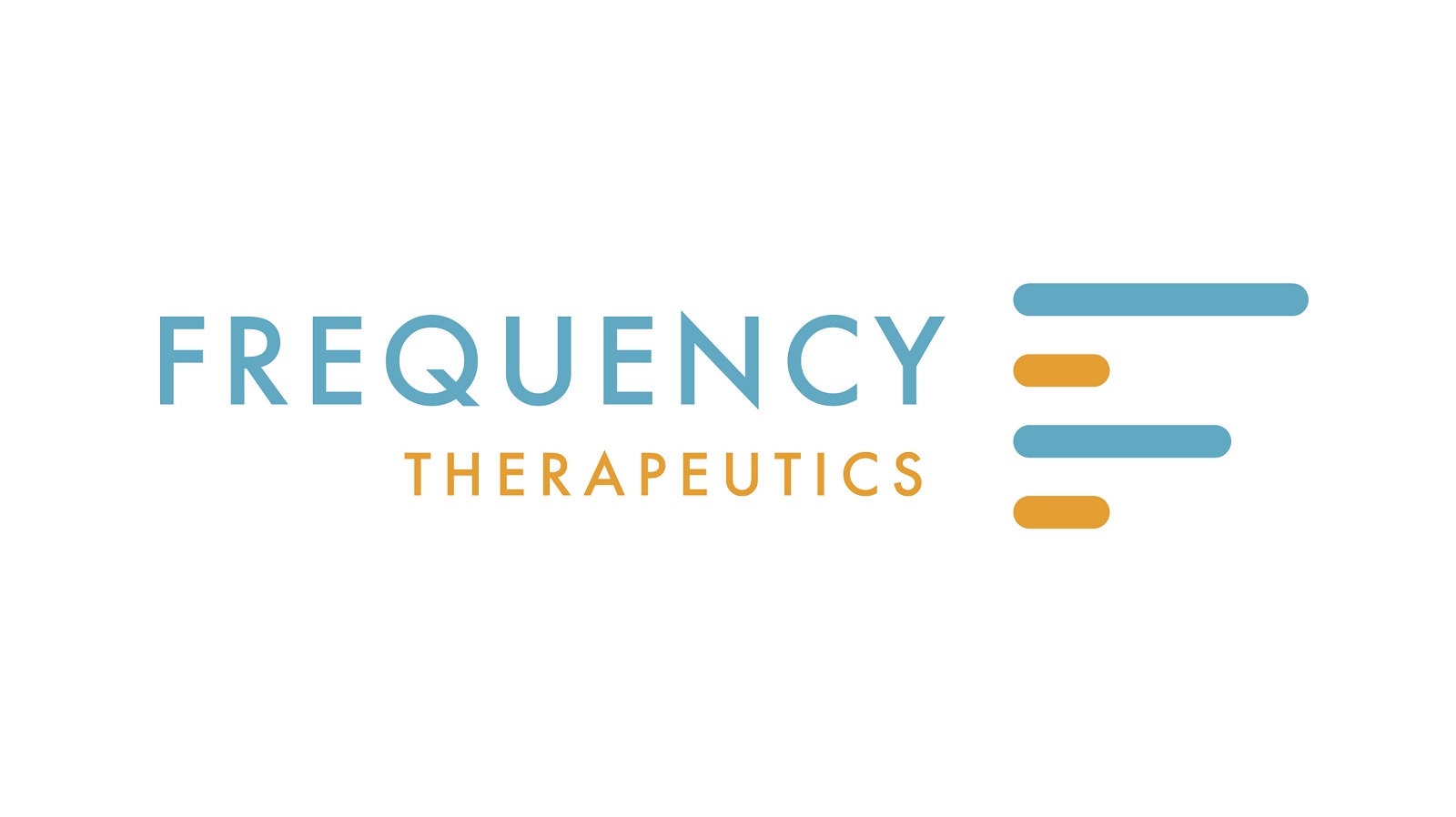Faster, simpler than CRISPR? Investors tune into Frequency Therapeutics

Frequency Therapeutics has raised $32 million to help finance the development of its therapy for noise-induced hearing loss.
The Woburn, Massachusetts-based firm specialises in small molecule drugs to stimulate the regrowth of the sensory hair cells in the inner ear or cochlea that can be damaged by sustained exposure to loud noise.
An estimated 360 million people worldwide suffer from hearing loss, while a further 1 billion plus are at risk from so-called "recreational noise."
David Lucchino, Co-founder, President and CEO of Frequency commented: “With no effective therapy available, this presents an enormous market opportunity and we believe there is even broader potential in indications beyond hearing loss with the further development of the PCA platform."
This means that the newly generated cash will in fact go into broadening its research beyond hearing loss.
He says the company is aiming to be a “next-generation regenerative medicine company with a truly breakthrough approach designed to awaken the body’s innate ability to restore function to damaged or diseased tissues.”
Frequency‘s drug development platform is based on activating progenitor cells within the body to restore healthy tissue. By the ‘transitory activation’ of these cells, Frequency says its drugs will allow disease modification without the complexity of genetic engineering.
Marc Cohen, co-founder of CoBro Ventures and chairman of Frequency’s board of directors says this means its drugs could produce much of the same effect as gene therapy and CRISPR by using small molecules, but do it much more safely and with far simpler drug administration.
The company expects to take its lead candidates into clinical trials within the next 12 to 18 months.
Preclinical studies reported earlier this year showed that compounds interacting with the Lgr5 receptor could stimulate cochlear progenitor cells into large colonies of cells with the capacity to develop into hair cells. This ability to regenerate hair cells is not present in humans, but is seen in some birds and amphibian species.
There are plenty of other companies looking to tackle this major health issue. Novartis is working with GenVec to develop a gene therapy to stimulate the growth of hair cells. However there have already been failures in the field – UK biotech Autifony saw its candidate for tinnitus and age-related hearing loss fail last August.










